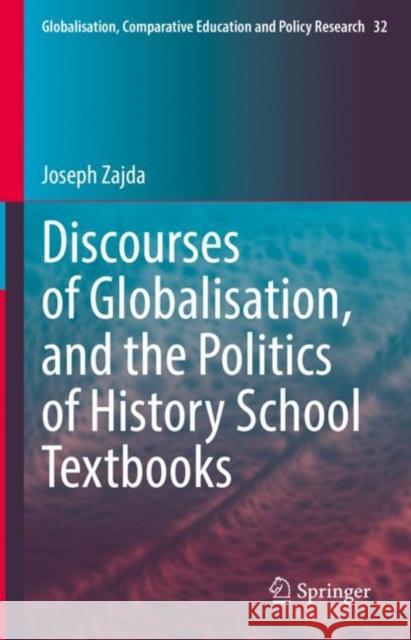Discourses of Globalisation, and the Politics of History School Textbooks » książka
topmenu
Discourses of Globalisation, and the Politics of History School Textbooks
ISBN-13: 9783031058585 / Angielski / Twarda / 2022
Discourses of Globalisation, and the Politics of History School Textbooks
ISBN-13: 9783031058585 / Angielski / Twarda / 2022
cena 603,81
(netto: 575,06 VAT: 5%)
Najniższa cena z 30 dni: 578,30
(netto: 575,06 VAT: 5%)
Najniższa cena z 30 dni: 578,30
Termin realizacji zamówienia:
ok. 16-18 dni roboczych.
ok. 16-18 dni roboczych.
Darmowa dostawa!
This book focuses on discourses of the politics of history education and history textbooks. It offers a new insight into understanding of the nexus between ideology, the state, and nation-building, as depicted in history education and school textbooks. It especially focuses on the interpretation of social and political change, significant events, looking for possible biases and omissions, leadership and the contribution of key individuals, and continuities.
The book discusses various aspects of historical narratives, and some selected key events in defining identity and nation-building. It considers the role of historiography in dominant historical narratives. It analyses history education, in both local and global settings, and its significance in promoting values education and intercultural and global understanding. It is argued that historical narratives add pedagogies, grounded in constructivist, metacognitive and transformational paradigms, have the power to engage the learner in significant and meaningful learning experiences, informed by multiple discourses of our historical narratives and those of other nations.











